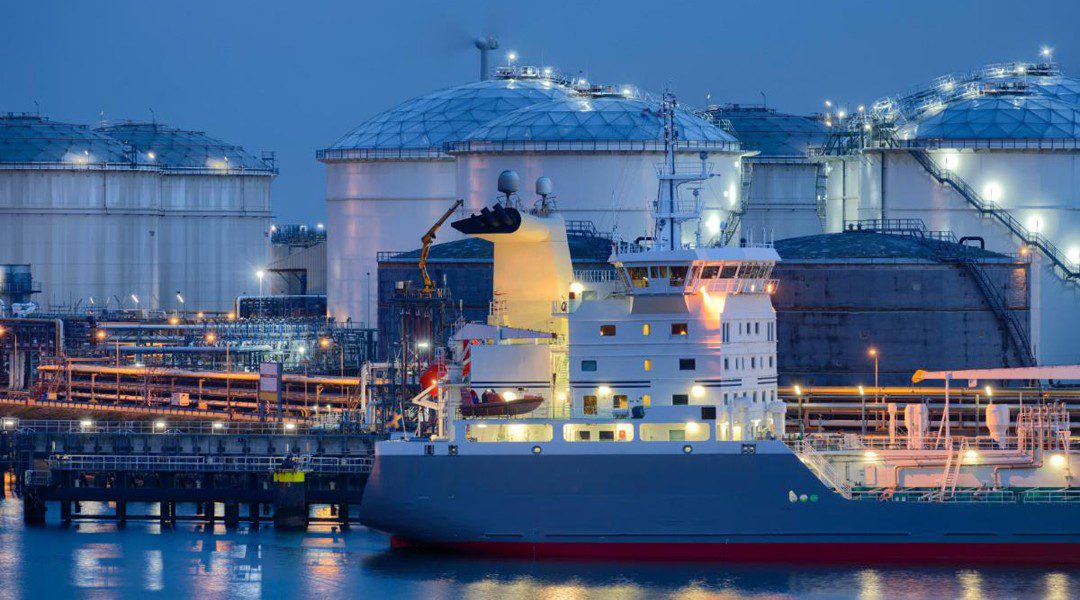The Netherlands’ Public Prosecution Service has reached a reported €5.65m ($6m) settlement with Netherlands-based shipowner Seatrade over the scrapping of four refrigerated cargo ships back in 2012.
Six years ago in March 2018 the District Court of Rotterdam found Seatrade and two of its directors guilty of violating the European Waste Shipment Regulation. However, this initial decision was overturned by the Court of Appeal in June 2020, and a new trial was ordered. This had been set to begin when the settlement was announced.
In 2012 Seatrade sold four retired refrigerated cargo vessels, the Spring Bear, Spring Bob, Spring Deli, and Spring Panda. The prosecutors said that Seatrade had sold to cash buyers.
Because the four vessels were used to transport refrigerated cargo, it was asserted that chemicals used in the refrigeration process were harmful to the environment, as well as being a danger to the workers at the breaker’s yard. The ships, all built in 1984, were also said to contain other environmentally unfriendly products, including asbestos.
Seatrade was charged with allowing the four vessels to depart from Rotterdam and Hamburg with these harmful materials still aboard.
The Spring Bear and Spring Bob ended up in India and Bangladesh, while the other two ended up in Turkiye.
The prosecutors said that Seatrade now acknowledged the transfer of the ships without complying with the environmental regulations. In addition, the prosecutors said, the company had committed to ensuring that in the future, when it sold ships for dismantling, it would comply with all applicable rules.
As part of the settlement, Seatrade and two of its directors will pay a fine of €2.65m ($2.83m). The company will also pay €3m ($3.2m) which was said to be equivalent to the profit the company made through the cash sale instead of following the required procedures.
European rules require special procedures for the sale of the vessels and handling of their recycling at EU-approved facilities. The rules are being further tightened to prevent the export of toxic materials and ensure proper handling and disposal.





